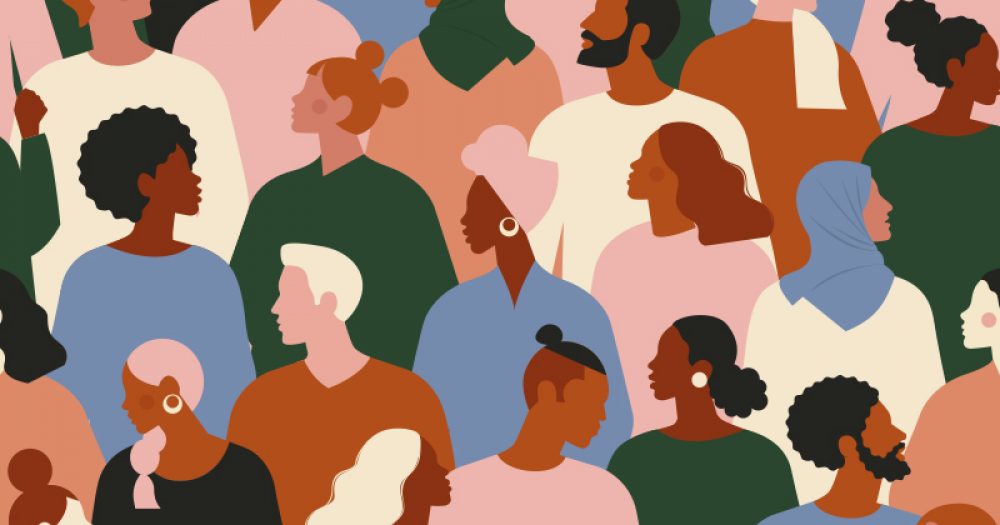In this third lockdown, we mustn’t forget the conversation around racism and diversity, writes Anita Lall
“Women don’t do science”. “Asian girls don’t go to university”.
These are just a handful of the phrases that I often heard growing up from my school and college teachers.
The comments continued whilst at university from members of my community and sadly some university tutors.
Despite such comments, my passion was science and fully supported by my parents, I pursued this as my first career. I always thought back to those comments and what I could do to stop this happening to other young women.
Now that we are into a third lockdown, the huge international conversations around racism and diversity from the summer risk being forgotten if we don’t stay focused.
For me, teaching in further education has provided the ideal opportunity to challenge stereotypes and serve as a positive role model for young women in science.
These comments still persist in our society decades later, which is why we mustn’t take our eye off the ball. Many of my BAME female vocational science students still report being told that science as a career is not for them.
Such stereotypes, however, are not purely seen in science. Young men are often discouraged from pursuing childcare and nursing qualifications.
Times are starting to change with BAME students in FE increasing from 19 per cent to 23 per cent in the space of eight years. But Black and Asian representation in senior leadership has consistently decreased from 2012 to 2019.
Fifteen per cent of FE staff identify as BAME, which drops to nine per cent for senior managers. This is something that we must actively address. Many colleges deliver learning in local communities and within faith institutions ̶ but how many proactively recruit staff from that community?
It is not enough to just challenge the stereotypes ̶ the barriers need to be broken down and senior leaders need to act.
Those working in all ranks of FE have a positive duty to break down the stereotypes and challenges that BAME students face and encourage them to seek opportunities in further education in the sectors from which they are traditionally put off.
Assumptions held by both staff and students need to be broken, and colleges should have high aspirations for all their students.
Imagery is a powerful tool
I can remember wearing traditional Indian dress to a college event a few years ago and colleagues walking past me didn’t recognise me. In wider society, I am talked to differently if I wear Indian dress.
Think about how you unconsciously perceive students who wear traditional dress to college and the assumptions you make.
Imagery is a powerful tool. Colleges need to ensure their marketing is fully inclusive and positively portrays men and women from ethnic minorities across a variety of courses.
At my college, this is something that we are continually working on. I am all too aware of the strong positive impression BAME teachers and senior leaders have on parents from ethnic minorities at open days and other events.
To see minority groups visibly represented within the workforce and especially at a senior level sends a powerful message to students.
As the visible BAME leader at my college, I am acutely conscious of this and the positive impact that I can have.
At the end of the day, we must continually affect less biased, more equitable and lasting behaviour change.
Our senior leadership team is small but diverse and this means that decisions are well tested and considered.
So what can you do to address some of these issues?
Invite people in your college to share how they have observed or experienced inequity and bias, and empower them to be part of the solution.
Enlist enthusiastic staff (and students) who want to actively participate in being part of a change, and equip them to do so.
Actively address the systems that inhibit equality, diversity and inclusivity in your college one at a time.
It’s never too late to start.









Your thoughts